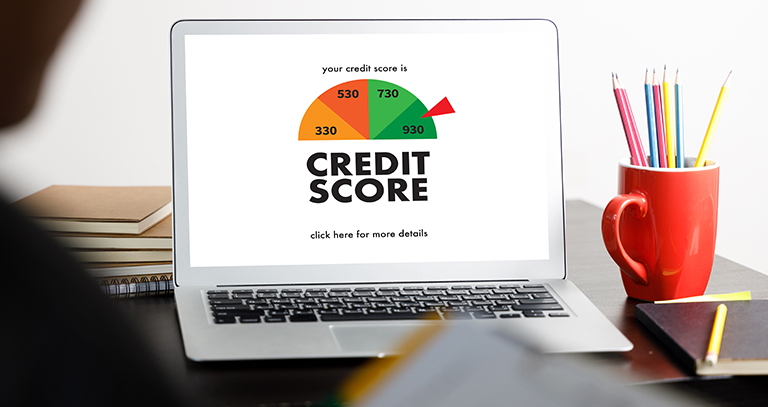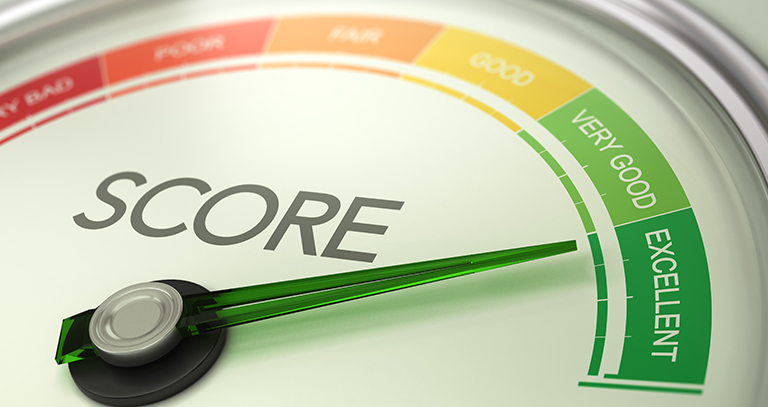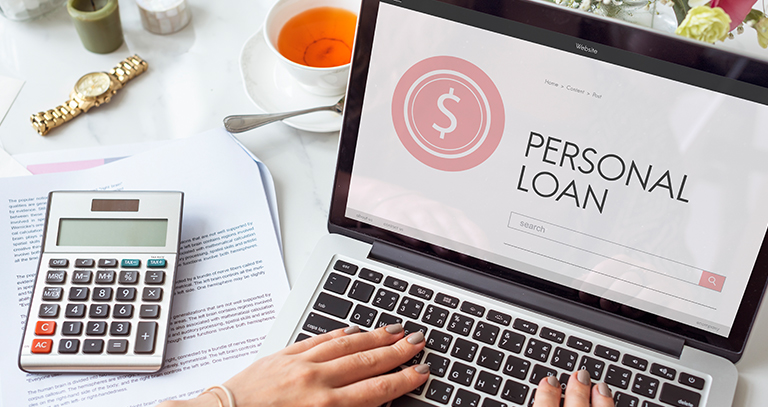


Increase your CIBIL score and get the loan approved faster and smoother! Isn’t it! After all it is one of the key elements that determines whether your credit application will be approved or denied is your CIBIL score. A good credit score can make it relatively easy for you to obtain a credit card or loan, but for individuals who need credit right away, a low CIBIL score can pose a significant obstacle. A strong credit score can also assist in obtaining credit cards with added advantages and loans with relatively lower interest rates.
Most lenders won’t approve credit applications from those with bad credit (600 or below). Even if a loan application is approved, the borrower will still be required to pay higher interest rates. If your CIBIL score is low and you want to know how to increase CIBIL score instantly, carefully adhere to these specific guidelines.
How to Increase Your CIBIL Score Instantly
There is no quick fix to raise your credit score. To steadily raise your CIBIL score, you must adhere to a few guidelines consistently. You may raise your credit score and get future credit by diligently following these easy 5 steps:
1. Set Reminders to Repay Loan EMIs on Time
If you don’t make your loan EMI payments by the due date, your credit score will suffer. When it comes to paying off your loan EMIs or credit card dues, you must be mindful and prompt. You may see a significant decline in your credit score in addition to paying fines if you miss or postpone making your EMI repayments.


Setting reminders to pay on time or adding Standing Instructions (SI) to your bank account, where a defined sum will be taken at regular intervals, are the two greatest approaches to prevent any payment delays (mostly on a monthly basis).
2. Pay Credit Cards Dues on Time
Plan ahead to pay off the balance on your credit cards by the due date. In the event of late payments, your CIBIL score is severely impacted, and repeated defaults can quickly lower your credit score below 600. If you don’t pay on time, your credit report will show it in the Days Past Due (DPD) part of your CIBIL report.
If you are unable to pay the whole amount by the deadline, you should make an effort to pay the minimal amount required so that the card company does not notify the bureau that the full amount owed was not paid. You will receive an additional billing cycle to pay off your balance and keep your credit score from declining, even though the balance that is still owing will begin to accrue interest for the payment cycle.
3. Check Errors in your CIBIL Report
Despite the fact that you may have a solid credit history, your credit score may nevertheless be negatively impacted by a number of unidentified inaccuracies. These mistakes could be with regards to inaccurate personal information, inaccurate account information, mismatched overdue or paid-off amounts, duplicate accounts, inaccurate Days Past Due or collateral information, etc.
4. Get Secured Credit Card
Credit scores can be drastically lowered by settled credit accounts and late payments. No lender would choose to grant such individuals a credit card or loan. Before applying for the credit product, you must rebuild your credit score to prove that you are creditworthy.
You can choose a secured credit card in these circumstances in exchange for a fixed deposit. The secured credit card application is approved without taking into account the applicant’s credit score, making it simple to obtain. Once granted, you can use it carefully and pay bills on time to begin repairing your credit. Although it might not happen right away, maintaining a good credit score might be beneficial in the long run.
5. Avoid Closing Old Credit Card Accounts
Banks are more likely to trust applicants who have a longer credit history and have made on-time payments. Hence, even if you no longer use an old credit card account, you shouldn’t have it closed. Although it might not have a noticeable effect on your credit score right away, it can be beneficial when a lender examines your credit application in the future.



